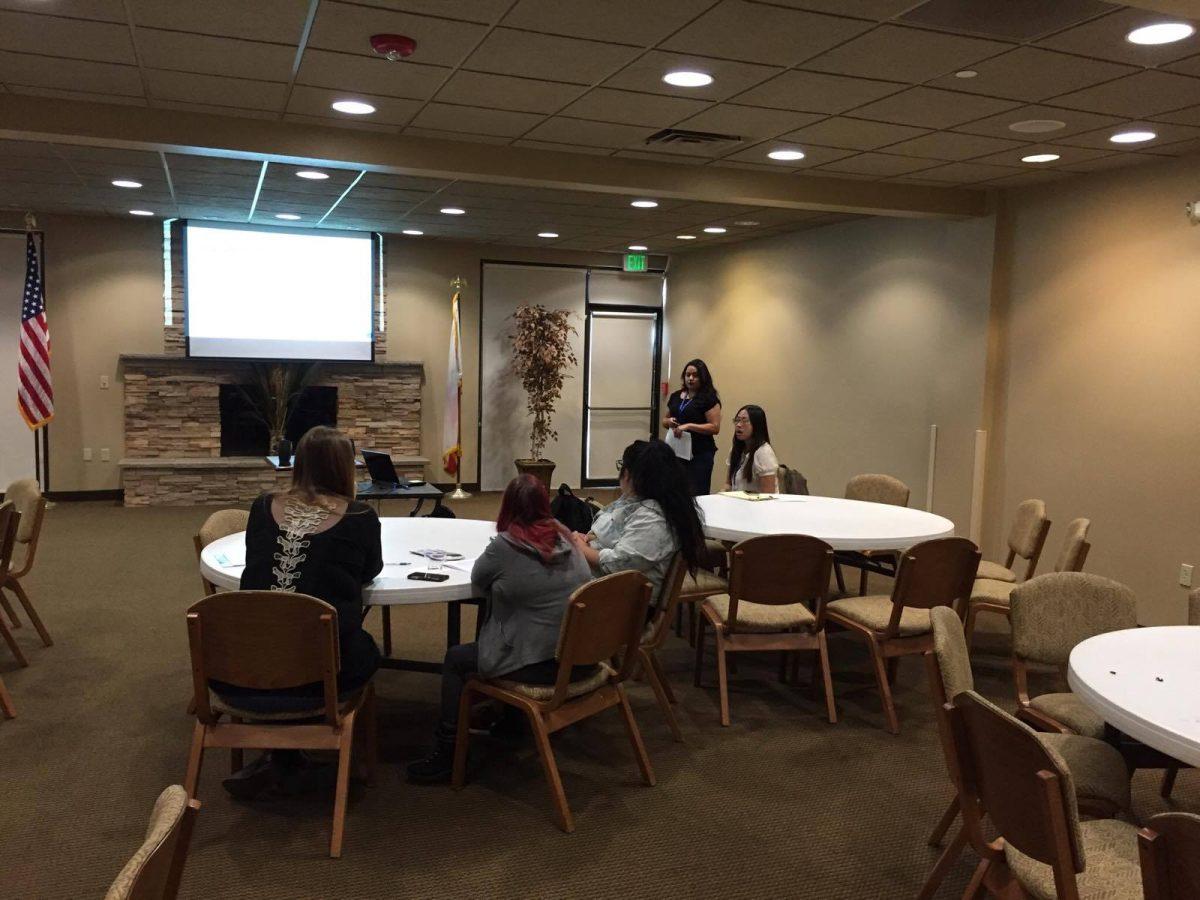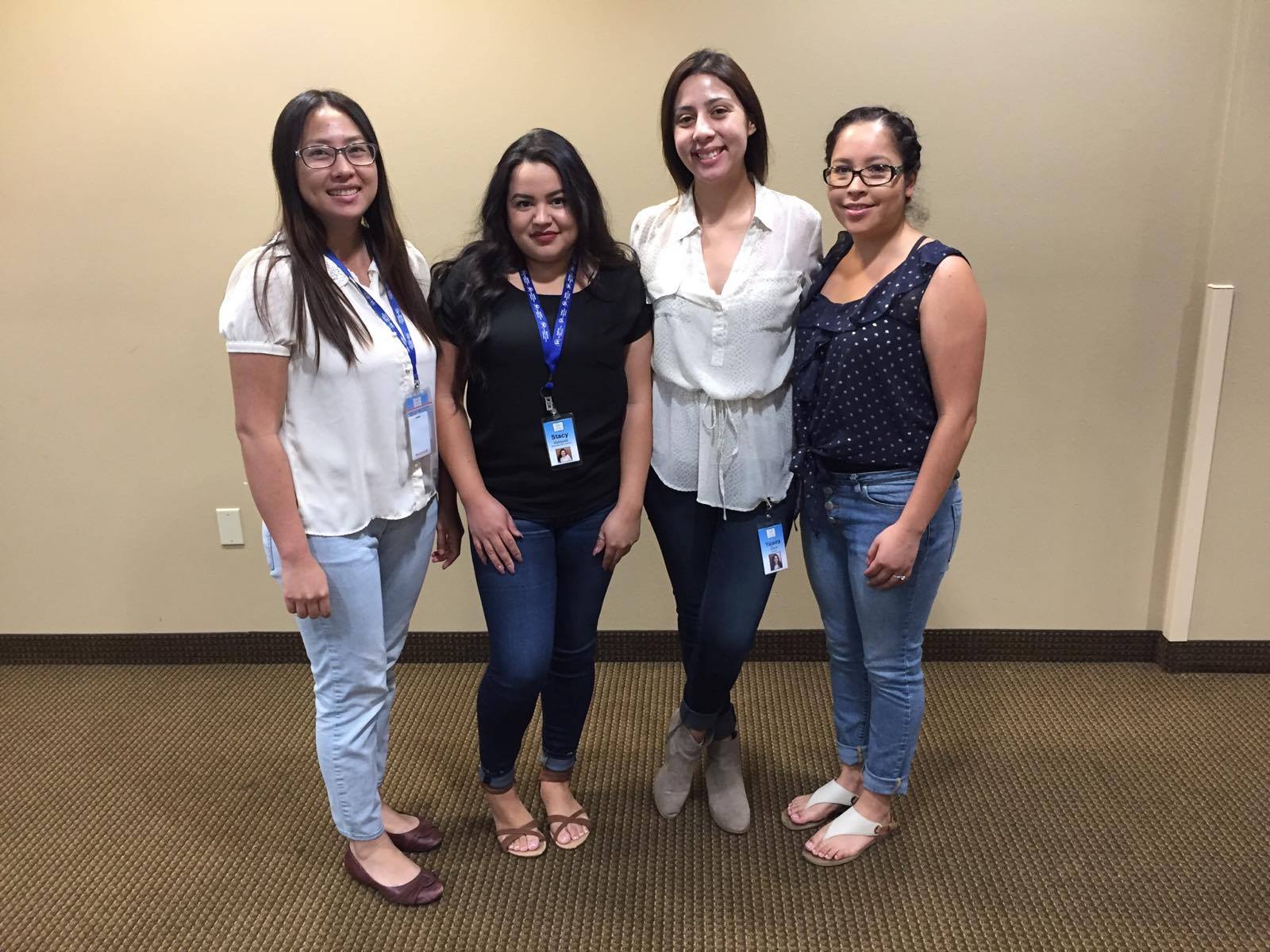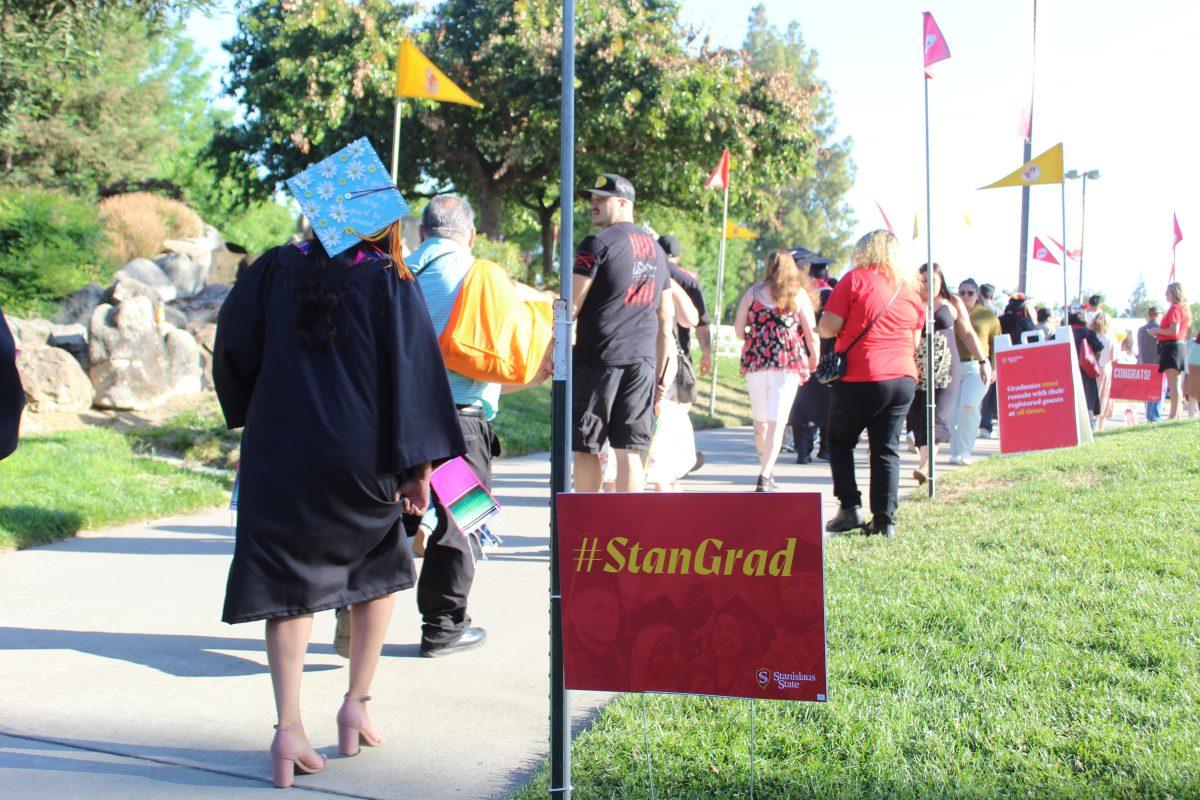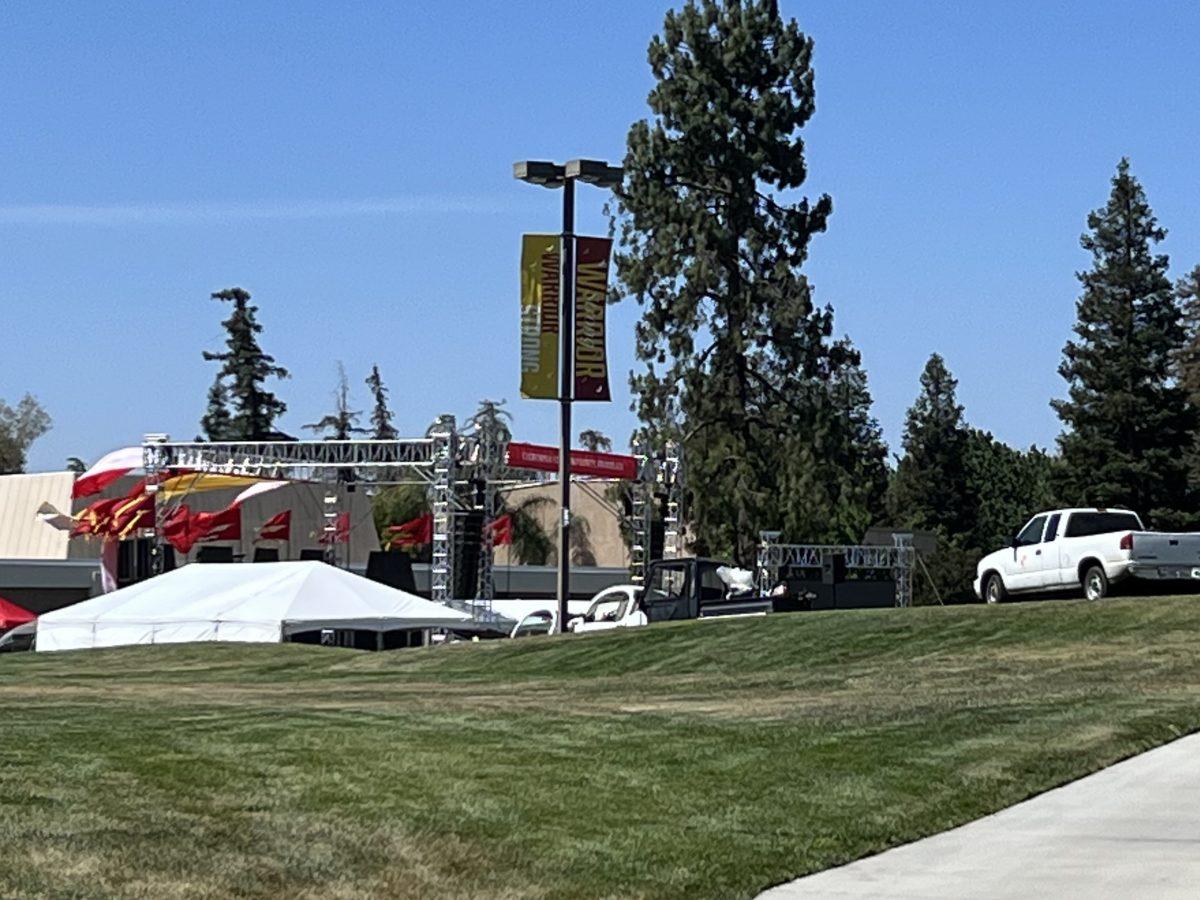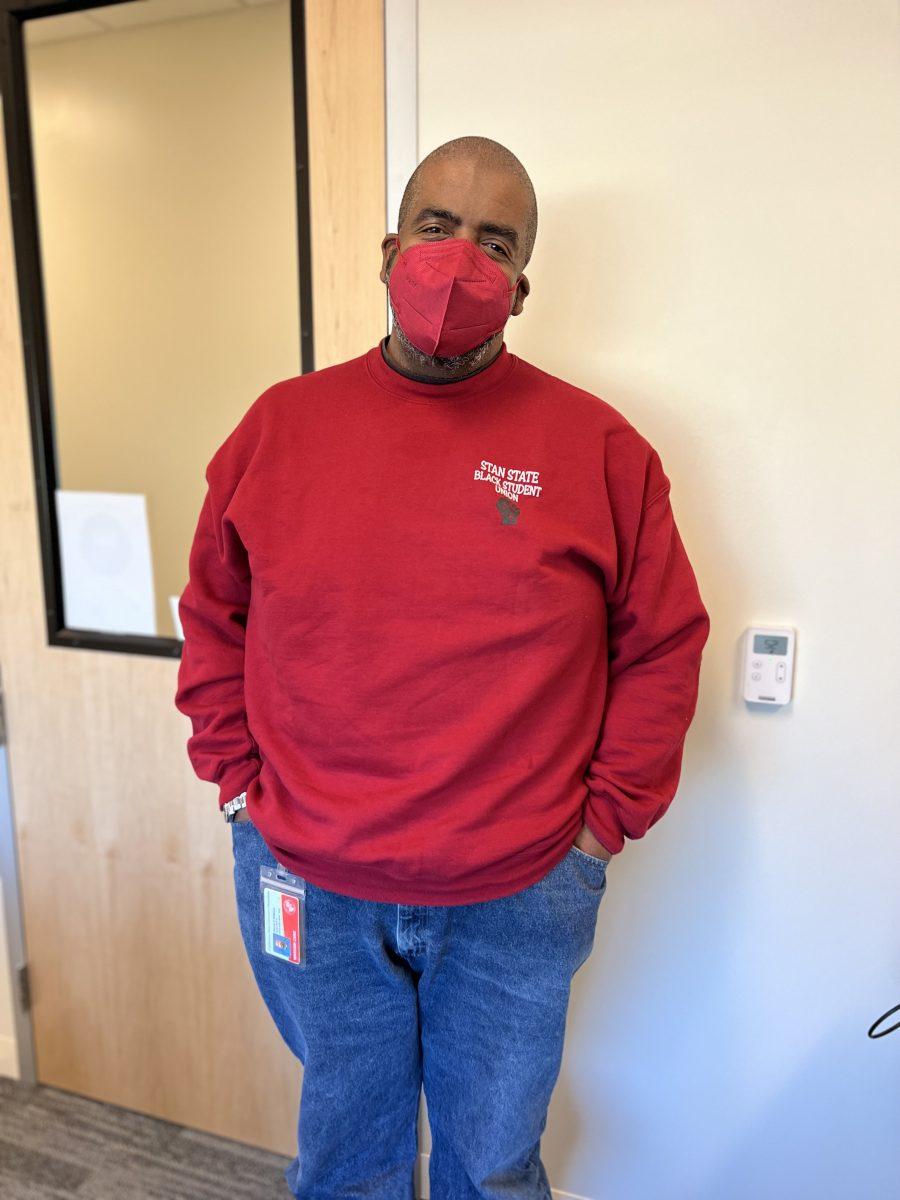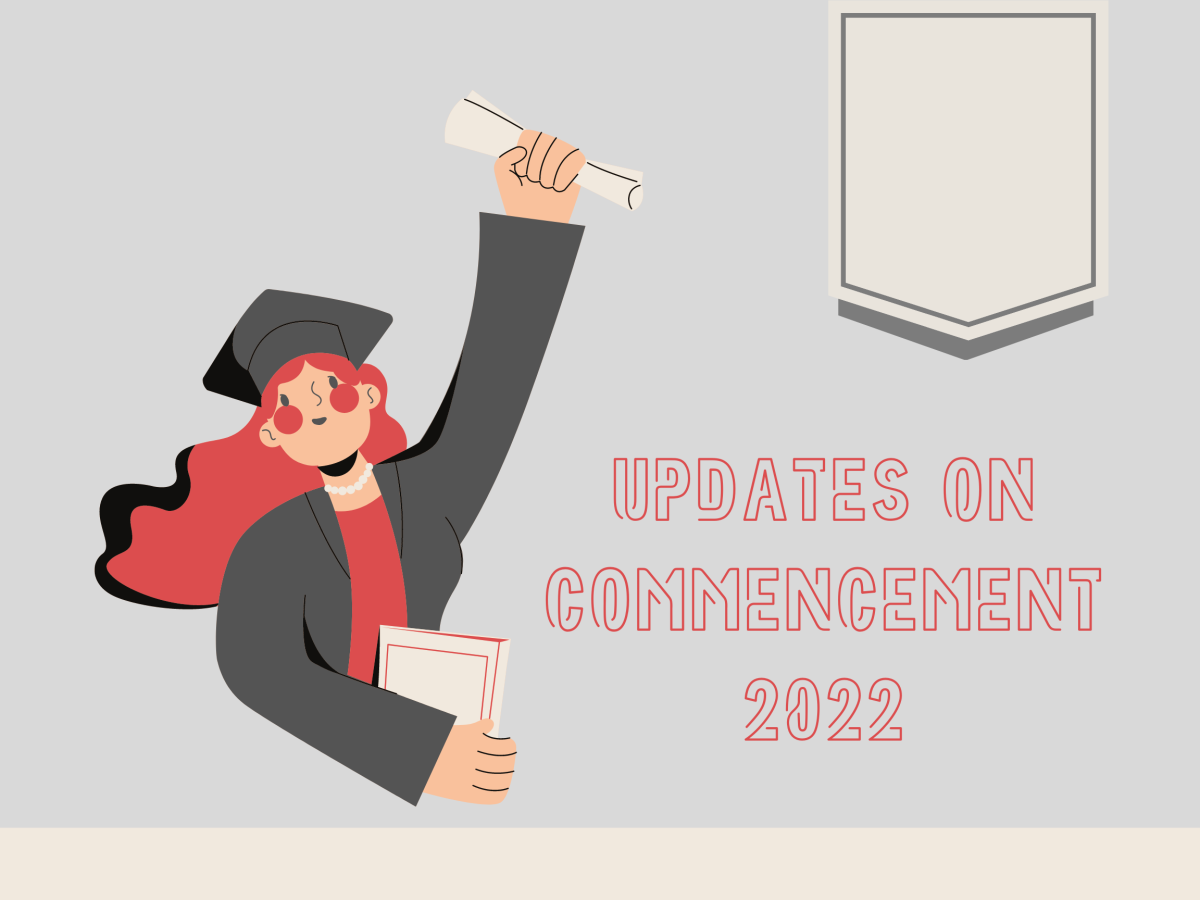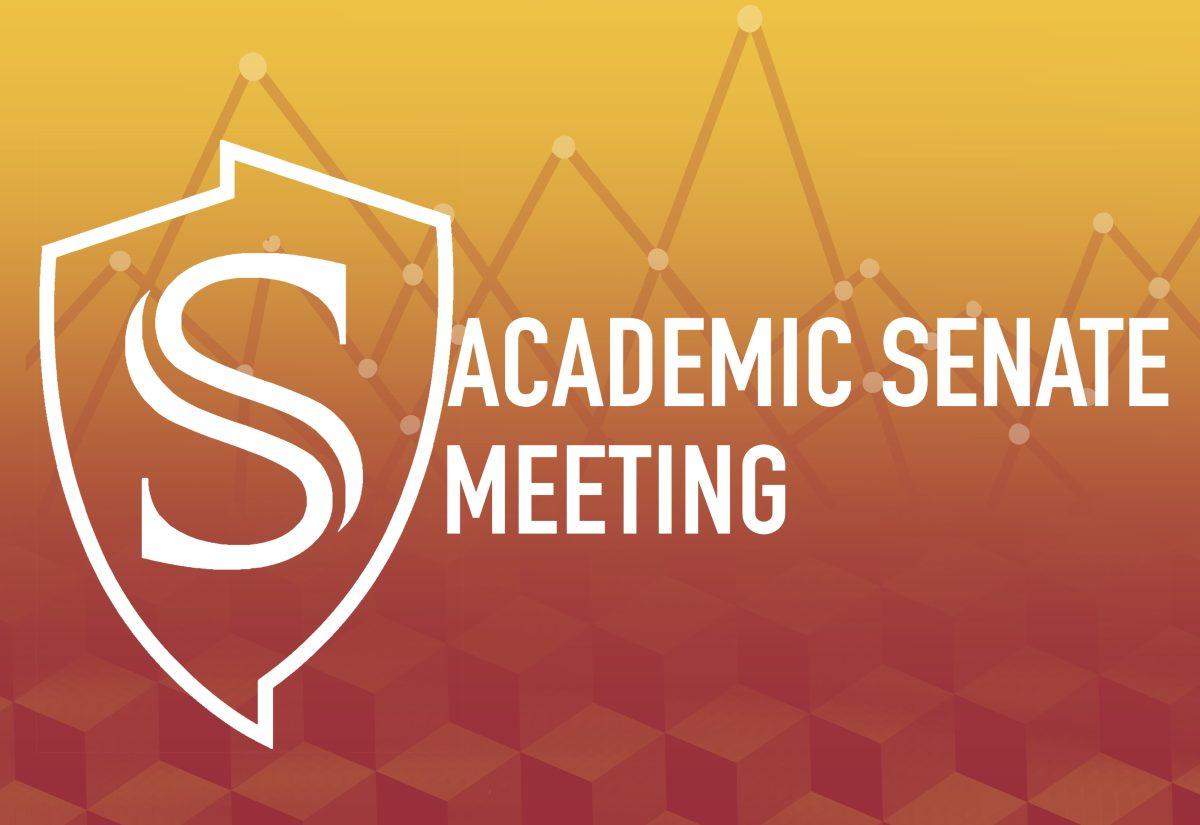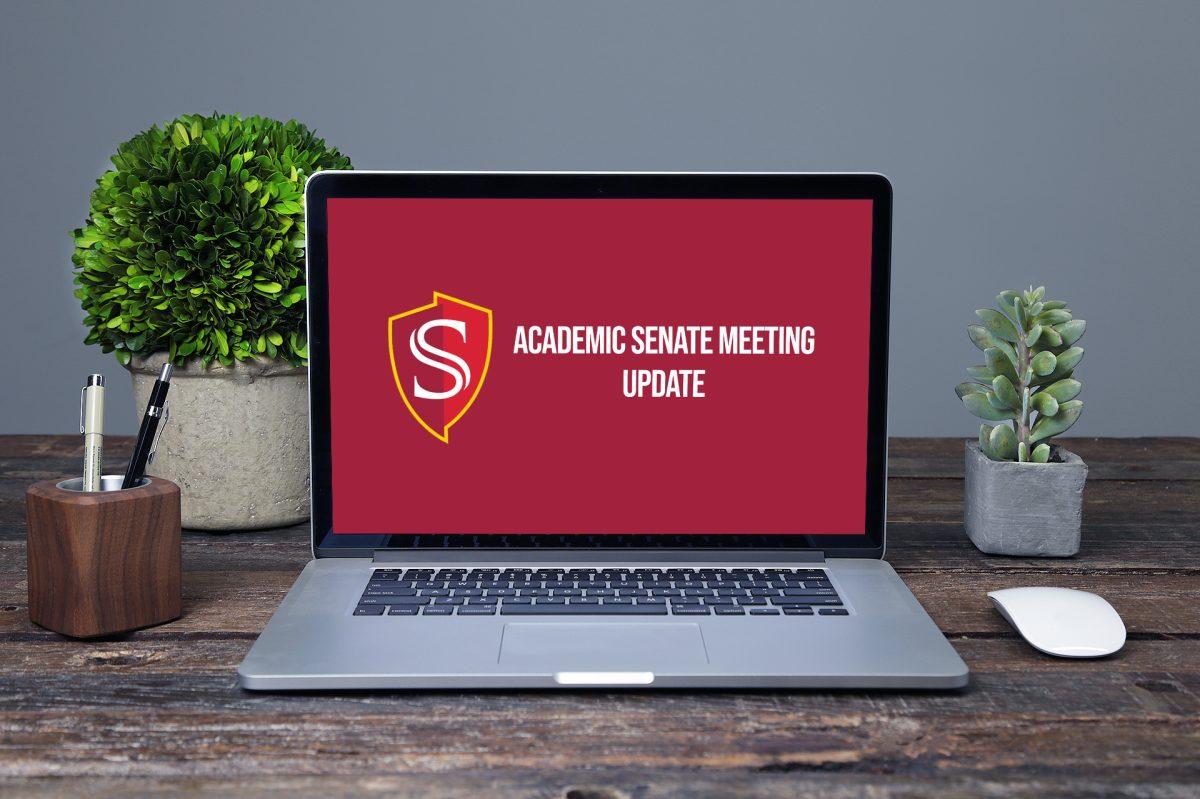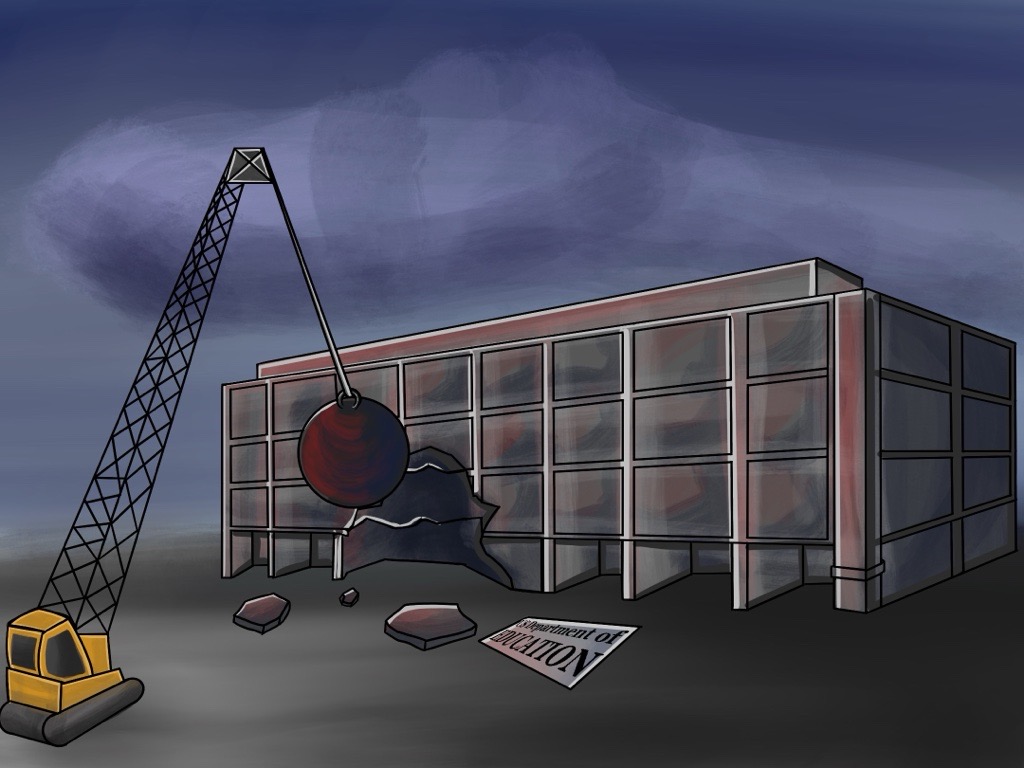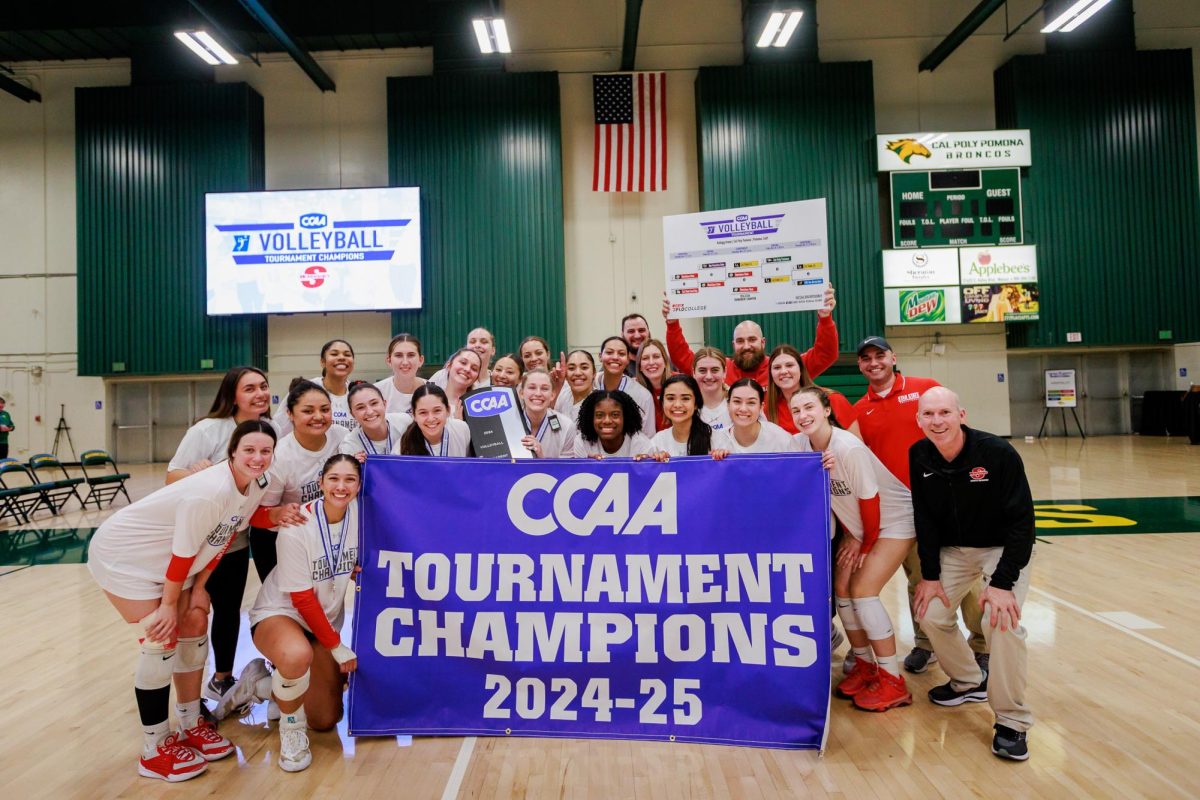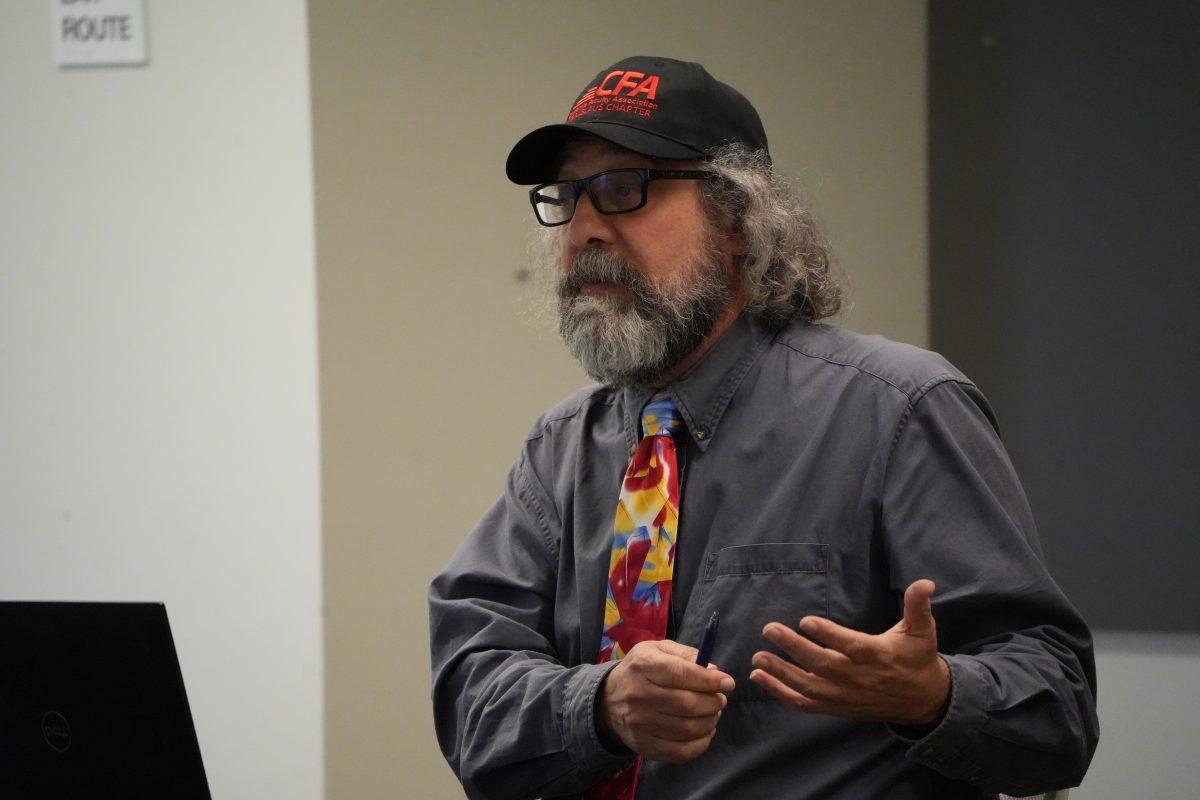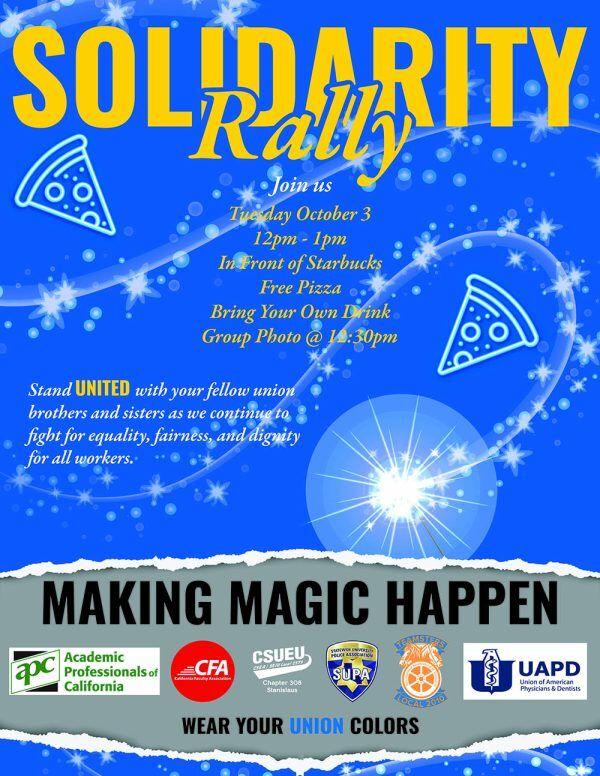The STAN Together Club at California State University, Stanislaus (Stan State), and Haven’s Women Center organized a Human Trafficking Seminar to invite Stan State students to come and learn about what human trafficking is and what is happening within the Stanislaus County, because although it is easy to call human trafficking a foreign issue, reality is, it happens everywhere.
The seminar took place on Oct. 6 in South Dining from 11:00 a.m. to 12:30 p.m., in which a small group of students attended.
The human trafficking seminar was presented by Stacy Vasquez, who is the Crisis Intervention Advocate from the Haven’s Women Center.
Vasquez states that human trafficking is an “umbrella term used to describe many types of trafficking situations that fall under sex and labor exploitation. Common terms that are often used, associated with or interchanged with human trafficking include ‘trafficking in persons, modern-day slavery, slavery and forced labor’ and sometimes people also use the term human trafficking interchangeably with sex trafficking or sexual exploitation.”
Vasquez discussed how human trafficking is a human rights violation and that it has become the world’s fastest growing and the second most profitable criminal industry, drugs being the first one.
She states that there are various challenges and limitations present, especially with data because human trafficking victims generally do not self-identify. Many victims of sexual exploitation do not think of themselves as victims because they are not at that point where they are ready to come out and seek help.
“The victims and those whose labor are being exploited may not come out because the job they are doing, regardless of the pay or the condition, is their livelihood,” Vasquez said.
Vasquez explains the reason why human trafficking is such a profitable criminal enterprise: “You can sell drugs and guns only once, but you can sell human beings over and over again.”
Devastatingly, sexual exploitation is six times more profitable than all other forms of human trafficking. Although, this type of trafficking situation receives the most attention, most of all trafficked people are used for labor exploitation.
During the discussion, the presenters had the students go on an interactive mobile game in which all the students present at the seminar were able to compete with each other on how knowledgeable they were about the signs of trafficking victims and traffickers.
Potential red flags to identify trafficked victims is that they usually claim they are just visiting a place and cannot clarify where he or she is staying, they do not know what city they are in, they are not allowed to speak for themselves, they have a tattoo of a barcode, the word “Daddy” (a term a male traffickers requires his victim to call him) or even a man’s name. Traffickers and pimps feel they own their victims, hence, they brand them.
Students were also shown various videos about the different types of human trafficking and they got to see some scenes from the “Taken” movie franchise, in which the protagonist’s young daughter was about to be sold by traffickers.
According to the National Human Trafficking Resource Center, in 2016 there were “27,201 phone calls to their crisis line, 1,580 emails, and 2,137 online tip reports to the Human Trafficking Crisis Hotline.”
In 2016, the hotline received the highest numbers and signals from California.
MaiBao Yang, the Family Justice Center Manager at Haven Women’s Center states, “One thing you do want to notice is that sometimes a lot of people say that it does not happen here in Stanislaus County. They think that we are in the valley, it does not happen here, it happens in San Diego, L.A. area, or the San Francisco Bay Area, but it does happen in the Central Valley, especially between Stockton to Fresno.”
Yang continues, “That is because, we are on the route to the Bay Area. They will take trafficking victims from Vegas to L.A. to the Bay Area and we are along that route.”
For available resources at Stan State contact Miriam Moreno, the Stan State Victim Advocate, in the Science One Building room 234, or contact her at 209-667-3993 or email at [email protected].
Categories:
Human Trafficking: It happens everywhere
Gagan Kaur
•
October 27, 2017
Stan State students regardful as they watch presenter Stacy Vasquez, the Crisis Intervention Advocate for Haven’s Women Center, at the Human Trafficking Seminar. (Signal Photo/Gagan Kaur)
0
More to Discover

